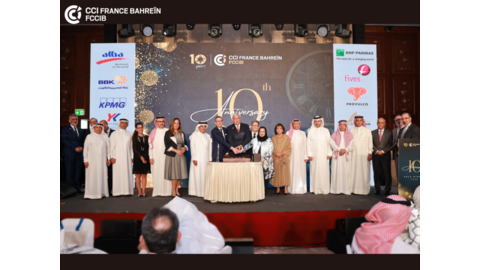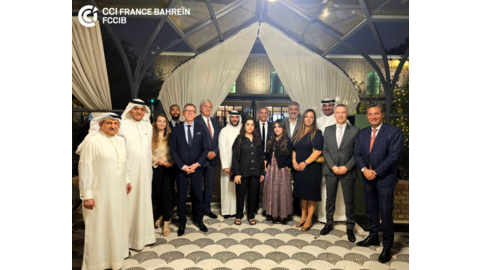Bahrain leads world in business reforms

MANAMA: Bahrain has emerged as a world leader in implementing the most reforms to ease doing business for domestic small and medium-sized enterprises, shows a new report.
The World Bank Group’s Doing Business 2020 report released yesterday, which looks at business climate reforms during 2018-2019, says the kingdom brought in nine reforms, leading both the region and the world in number of reforms implemented.
Bahrain is the best performer globally in tax compliance time, requiring just 22.5 hours per year to file and pay taxes.
The country recently introduced a new bankruptcy law, strengthened the rights of minority shareholders and revamped the process of obtaining building permits through a new online platform.
Enforcing contracts was also made easier by creating a specialised commercial court, establishing time standards for key court events and allowing electronic service of the summons.
Bahrain, Saudi Arabia, Jordan, and Kuwait have also been named four of the world’s top 10 improvers in the report.
Finance and National Economy Minister Shaikh Salman bin Khalifa Al Khalifa has welcomed Bahrain’s 19-place jump to rank 43 among 190 economies in this year’s report.
The minister said the ranking was a direct result of Bahrain’s progress in accelerating investment-driven economic development, in line with the vision of His Majesty King Hamad.
Shaikh Salman said the improvements in the business environment have been made possible through joint efforts by the executive, legislative, judiciary, private sector and NGOs, which together form Team Bahrain, as well as the introduction of new initiatives and upgrades to the Kingdom’s regulatory framework.
The minister noted that Bahrain has enhanced its construction permit process through the launch of a new streamlined online platform, Benayat, and has moved up the ranking 40 places to 17th globally for dealing with construction permits.
He also underlined Bahrain’s success in significantly simplifying property transfers, which now takes only two days, improving the kingdom’s ranking by nine places to 17th globally for registering a property.
Shaikh Salman said the Electricity and Water Authority (EWA) has reduced the overall time required to connect to the grid by 16 days, leading to an improvement of 10 ranks globally in the indicator for getting electricity.
The minister has highlighted the important role played by the latest technology in improving cross-border trade, noting that exports are a vital part of the country’s economy.
Bahrain has strengthened access to credit, which helped to improve the kingdom’s position by 18 ranks globally.
Moreover, Bahrain’s ranking improved by 69 places to 59th globally in enforcing contracts, as well as 33 places to 60th globally for resolving insolvency following the enactment of the Reorganisation and Bankruptcy Law, he added.
The report says Bahrain has made paying taxes easier by implementing electronic payment of social insurance contributions.
The country has also strengthened minority investor protections by clarifying ownership and control structures.
Bahrain has also made enforcing contracts easier by creating a specialised commercial court, establishing time standards for key court events, and allowing electronic service of the summons.
The kingdom has made resolving insolvency easier by introducing a reorganisation procedure, allowing debtors to initiate the procedure, adding provisions on post-commencement financing, and improving voting arrangements.
Economies of the Middle East and North Africa region put in place 57 business regulatory reforms in the 12 months to May 1, up from 43 during the previous 12-month period covered by the study.
Thirteen of the region’s 20 economies carried out reforms and the region’s average ease of doing business score improved by 1.8.
Economies of the Gulf region have been particularly active, implementing 35 business-climate-improving measures in the past year.
These countries account for almost half of the region’s reforms. The UAE remained the strongest performer overall in the region, placing 16th (out of 190) on the ease of doing business rankings.
“It is a year of records for economies in the Middle East and North Africa, and we are committed to continuing our support to all countries in the region,” said Ferid Belhaj, World Bank regional vice president for the Middle East and North Africa. “The next generation of reforms should focus on transparency, fair competition and good governance to make Mena open for business and attract investments needed to create jobs for youth and women.”
Source: http://www.gdnonline.com/Details/634779


